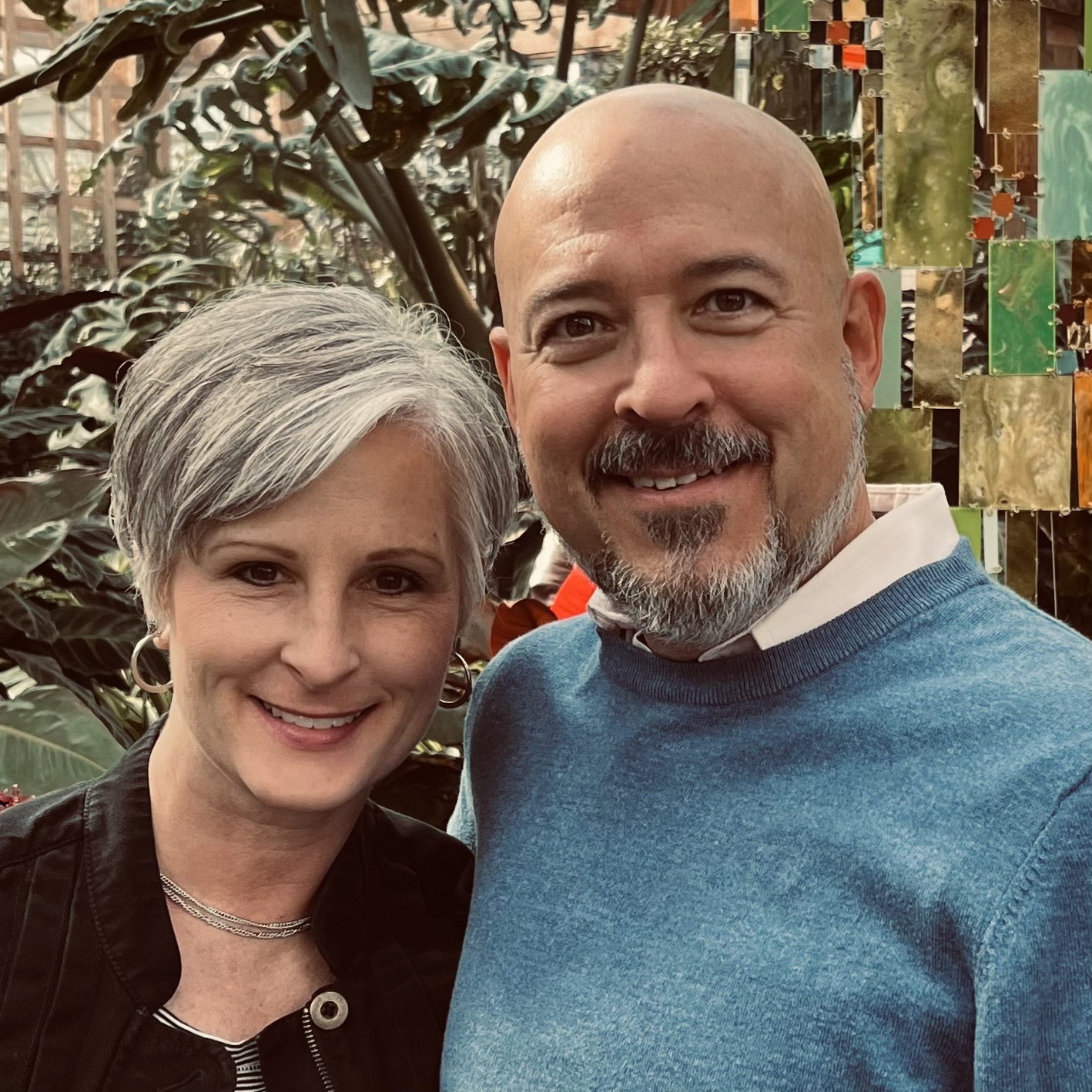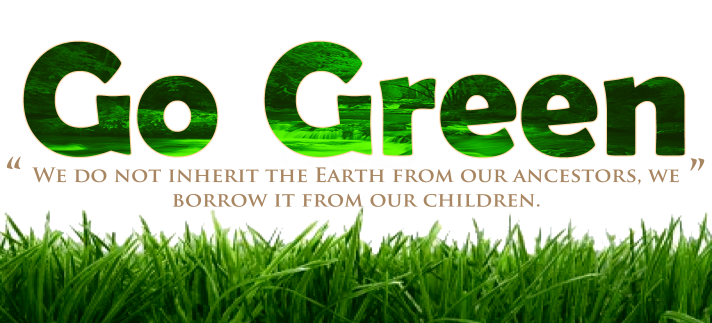I am of the opinion that people who say they follow Jesus… and (perhaps, especially) those who want to make one of the tests of faith a belief that God created the earth (more about that later)… should be leading the charge in terms of being environmentally-friendly. The reality seems to be that people of faith have been skeptical and silent instead of educated and innovative in matters of our global footprints.
There are some bright spots within the Christian community. My favorite title on the subject (and… disclaimer… the author has also become a friend) is Jonathan Merritt’s Green Like God.
Why does this matter? If God had any part in creating the earth, those of us who are living our lives under his direction should be the greatest stewards of the beauty that we claim comes from his hand. So how do you quote Psalm 19:1 and simultaneously mock modern science (also a topic for another post) that shows evidence that all is not well in the heavens that declare the glory of God? Could it be that we have too quickly (or thoroughly) separated theology and science? They are not, in fact, enemies at odds with each other.
I’d love to hear from some of you. How have you framed your views of stewarding the environment? How have you sought to be pro-active… instead of reactive?


It’s so ironic that this be the topic today. Truthfully, in the past, I have not thought much about the environment or that being a Christian even played in to it. Lately, however, I have felt convicted about my choices more so than ever before. I literally feel guilty if I knowingly dispose of something that could be recycled, etc. I find myself trying to make better choices at the store i.e. paper cups and plates rather than plastic or styrofoam. I’ve even been purchasing trash bags that contain less plastic and utilizing my community’s recycling program. I might not save the world all on my own, but if we all made some small simple changes like these, we could make a difference. Working in the paper industry, the environment is always a hot topic. The last company that I worked for in Atlanta is actually under huge scrutiny from WWF and Green Peace regarding the harm of Sumatran tigers’ habitats and harvesting ancient rain forests for sourcing. People actually quit their jobs because they felt so convicted about working for a company that ‘may’ be involved in such frivolous behavior. This says a lot about the direction that Americans seem to be moving in. Whether you are a Christian or not and no matter your motive, contributing to the preservation of this planet that we live on is a beautiful thing. I certainly feel that, much like our bodies which were given to us by God, the earth too should be cared for. It’s all a gift.
Yes, isn’t it ironic. The first time I had the displeasure of hearing the term “tree-hugger” was at church.
I think the principle of stewardship applies to the Christian’s concern for the environment in the same way that it applies to finances and all of the other material items entrusted to our care. The command given to Adam to “dress and keep” the garden in Genesis 2 undergirds this reasoning. However, may I add a caution to Christians eager to jump on the environmentalist bandwagon? Much of the environmentalist craze in the present era draws from the intellectual firepower of the liberal politics and the liberal theology that fuels it. Like others on this blog site, I agree wholeheartedly that science and faith are not incompatible, but must work harmoniously to contribute to human flourishing on the earth (think the cultural commission in Genesis 1:26; 2:15). Much of the “green movement” in the present era imbibes from politicized science, a seductive intoxicant that seeps even into the body of Christ. The politicized science fueling contemporary environmentalism is agenda driven, aspiring to elevate the earth at the expense of the human and is ironically, humanistic at its core.
Theologically, this resonates with theological liberalism which inverts the hierarchical order chronicled in Genesis 1, placing biocentric (environmental concerns such) over anthropocentric concerns (the needs of humans). Lets face it, humans are the crown of God’s creation in Genesis and must be kept at the apex of the hierarchy of values. When this gets inverted, animal rights, plant rights, and speciesism encroach upon human rights, violating the God ordained order on the earth. Herein lies the danger of the burgeoning “green movement” in Christian circles right now.
If i may wax eloquent for a moment, consider the following from a paper I wrote recently:
“A key assertion of orthodox theology holds that the biblical account of creation in Genesis provides an anthropocentric view of the environment, whereby mankind holds the highest place of authority on the earth as a special species. This principle derives from the vertical hierarchy inherent within the creation narrative, which notes the following order of priority: God, humanity, the animal kingdom, and the plant kingdom. While on the surface this appears to grant humanity carte blanche jurisdiction upon the earth, a proper conservative interpretation maintains that mankind acts as God’s steward over His creation. Hence “the ‘dominion’ that humans are granted in Gen. 1 is circumscribed by the qualification that humans image God…they mediate God’s creation blessing to earth and stand in creative, not exploitive, relationship with her and the rest of creation.” Thus humanity maintains an ethic of care over the environment based upon this paradigm of stewardship. From this vantage point, both biocentric and anthropocentric values carry weight, yet in light of the aforementioned vertical hierarchy, the latter is given priority.
By contrast, the worldview of liberal Protestants emphasizes biocentric values, as in their thinking, this represents the proper Christian response to contemporary environmental issues. Drawing from the influence of process theology, as well as the secular religion ensconced within the Progressive era, these Protestants reject the anthropocentrism adopted by traditional Christianity in lieu of what could be termed “envirocentrism.” In the minds of liberal Protestants, process theology provides a means to advance a unique worldview that offers restoration and renewal to the environmental conversation.”
In stating all of this I am not saying that Christians should not be concerned with taking care of the environment as God’s stewards on this earth. I am not saying that the environment is not important for Christians. It obviously is. After all, we do have a responsibility to leave an environmental legacy to our kids. What I am saying in this rather lengthy response is that Christians should be wary of what undergirds a great degree of the green movement in American right now. Theological liberalism and politicized science contribute greatly to the present pro green zeitgeist, and thinking Christians must take this into consideration even as they wrestle with how to appropriately respond to this current issue. I am advocating for a proper theological response to the present day passion regarding the environment: man as the crown of God’s creation acting as a steward of the environment, steering clear of the rocks of theological liberalism and politicized science.
Respectfully submitted,
Erik Gustafson
Totally agree, Erik. Miss you, buddy.
Miss you too! We had some great times in SW MI. Wouldn’t mind hearing you sing again 🙂
Blessings bro!